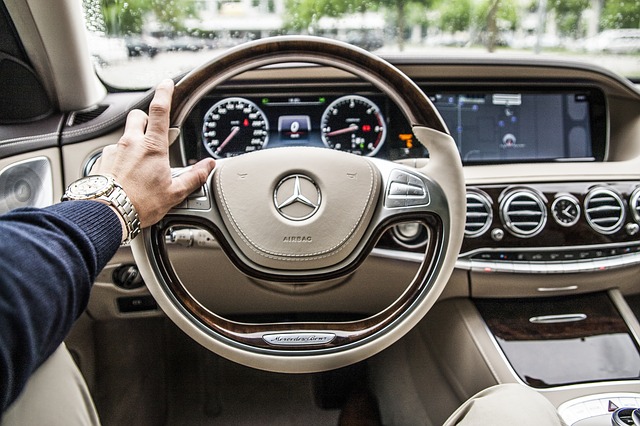New cars these days are run by complex computers and no longer have the traditional need for regular tune-ups that cars once had. Many experts agree that even the term “tune-up” is outdated. There’s often not much to do except change the oil and rotate the tires, but if your car is older, then it may need some regular maintenance to keep running good.
Myth #1: How often does your car need a tune-up?
Most mechanics say that auto owners should follow the tune-up schedule in their owner’s manual. This normally lays out mileage milestones for specific services. For instance, most owner’s manuals say that your oil should be changed every 3500 to 5000 miles. The experts agree that following these guidelines is best.
Related Post: When Does Your Car Need A Tune Up?
Myth #2: How often do spark plugs need replacing?
This can vary by the year model and type of car you have and also your own specific driving habits. Of course, recommendations are often made to have the plugs changed at 40,000 miles but most owner’s manuals say that your spark plugs can last up to 100,000 miles. If you live in an area with salty sea breezes, this may not be true. Also, if you put lots of hard miles on your car, the plugs will not last as long.
Myth #3: Should fuel filters and air filters be changed when the oil is changed?
Fuel filters and air filters should be changed on an “as needed” basis. This will again depend on your driving habits, the area you live in and the age of the car. If your car stops running smoothly or seems to use more gas, then it’s best to have these checked when having your oil changed.
Myth #4: How often do rotors and distributor caps need to be replaced?
Most mechanics agree with the old adage: “If it ain’t broke, don’t fix it.” Some older model cars have been known to run just fine for over 100,000 miles on the original rotor and distributor cap. On the other hand, these parts are fairly inexpensive to replace so if there’s any doubt, go ahead and do it.
Myth #5: The check engine lights always signals a problem.
This is not always true. For one thing, the light can malfunction. For another, your onboard computer could be in error. In some instances, the car is just trying to tell you that it’s overheating or the oil is low. In any event, it’s best to take it to a mechanic and find out for sure. It’s very fast to have the check engine light diagnosed.


